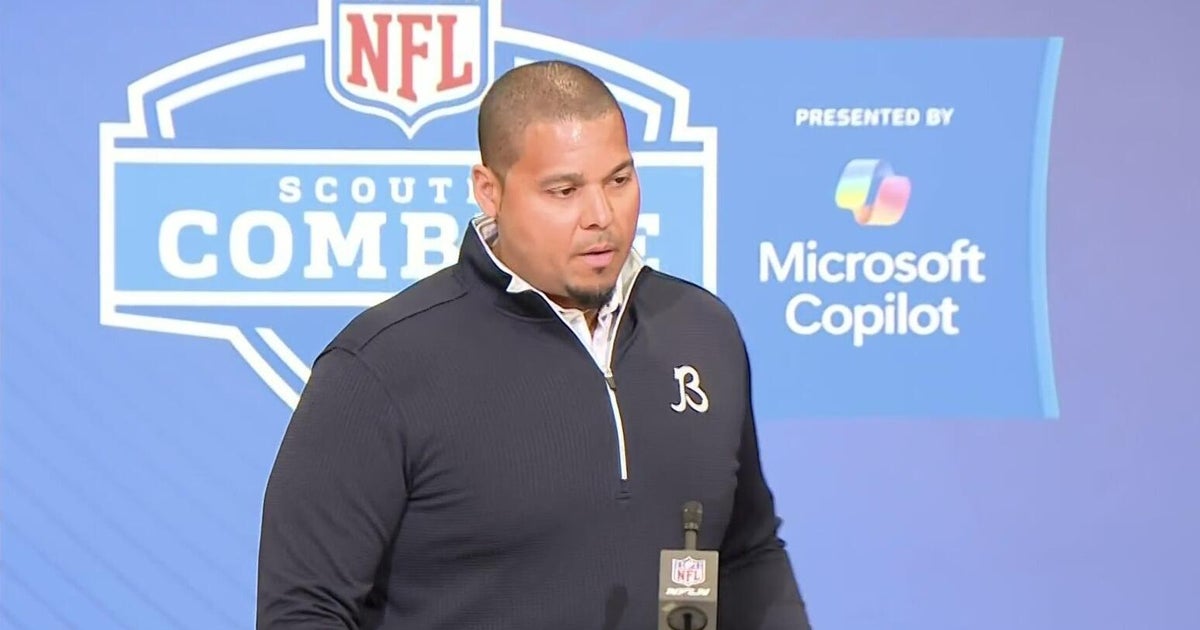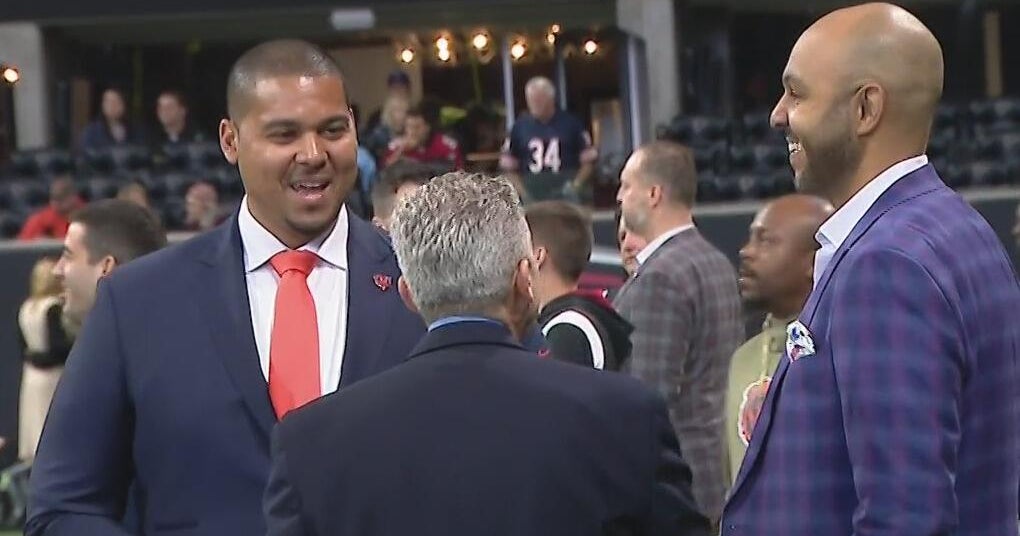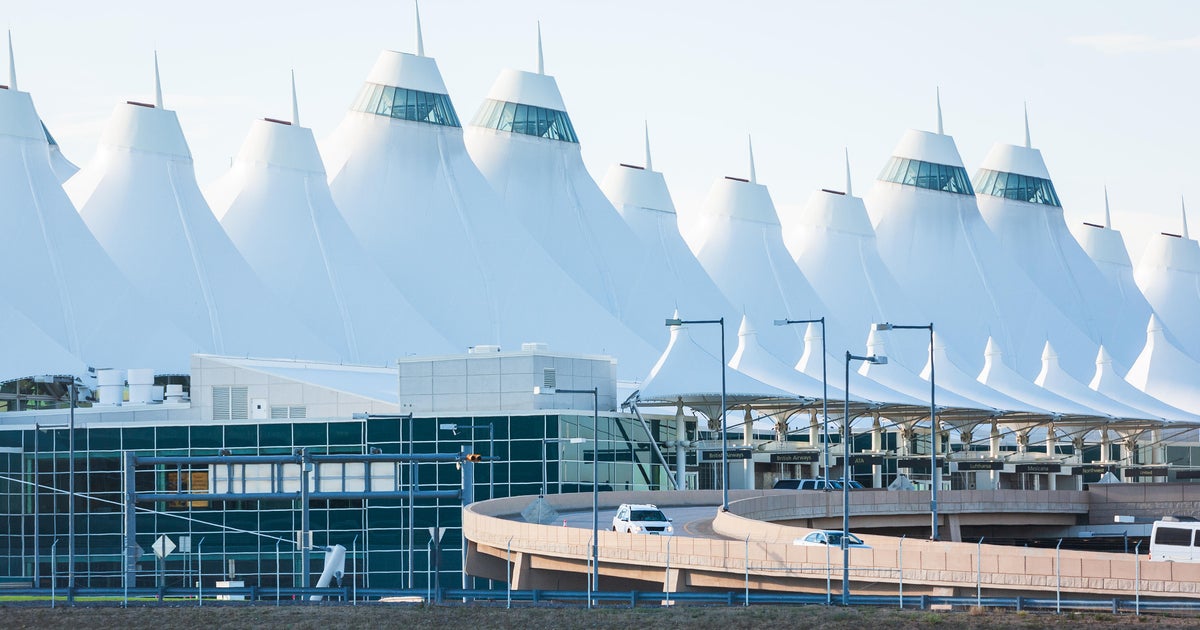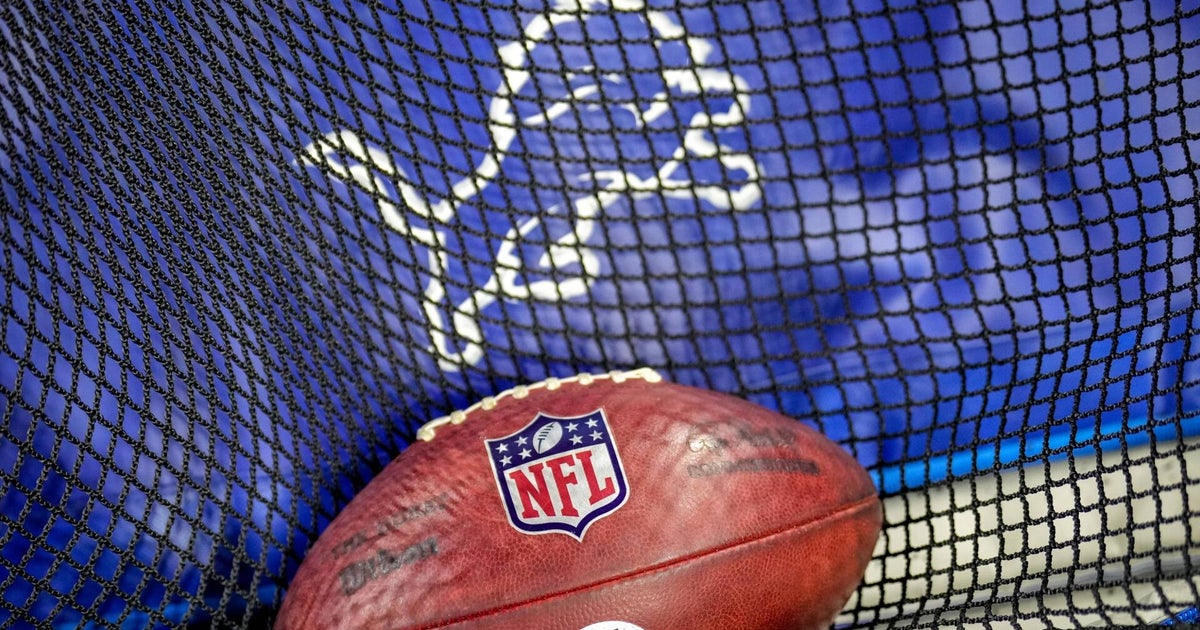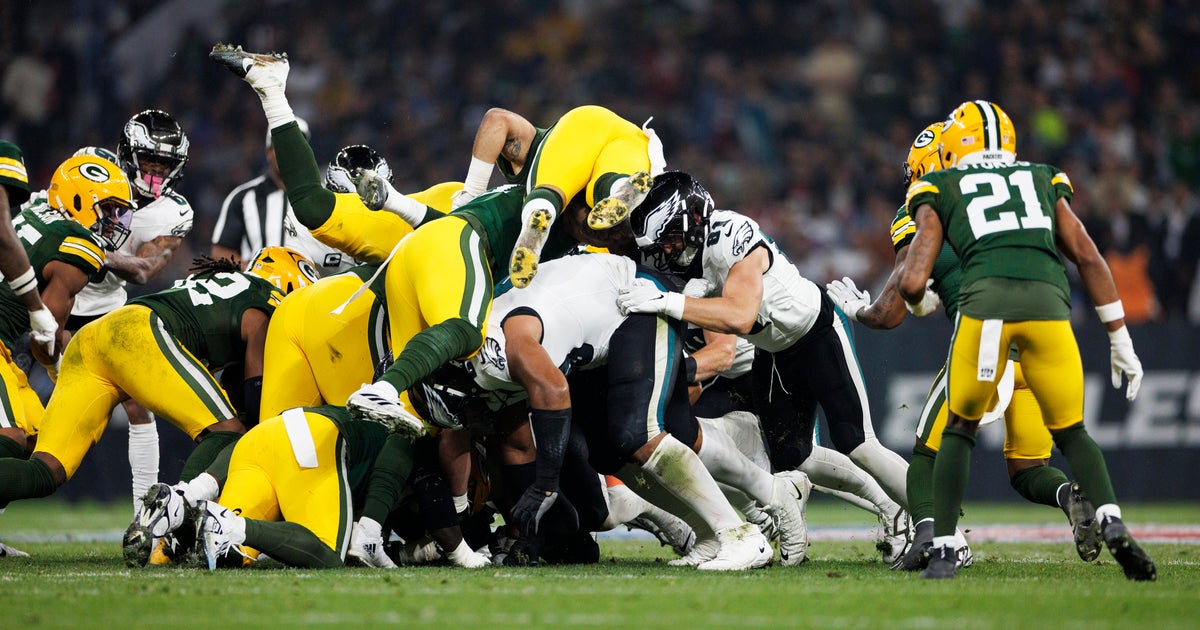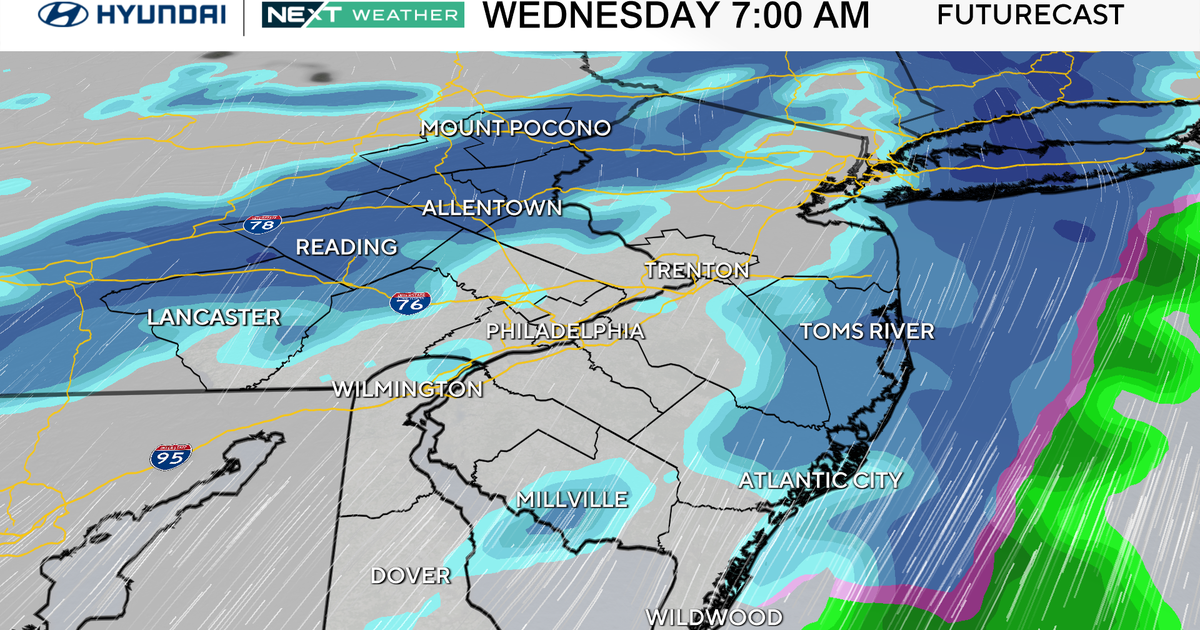Wisch: Chicago Isn't A Super Bowl City
By Dave Wischnowsky –
(CBS) In spite of its taxes, politics and potholes, Chicago is a super city.
But it isn't a Super Bowl city.
And it shouldn't be. No matter how much you, the Bears or Mayor Rahm Emanuel might want it to be. That is, not unless Emanuel takes out another enormous bond loan and builds a brand new enclosed football stadium for the Bears.
(Which also should not happen.)
On Monday after Seattle put the Mile High City six feet under in Super Bowl XLVIII, the Associated Press wrote that, "Now that the first New York/New Jersey Super Bowl was a smashing success for everyone except the Denver Broncos and their fans, NFL owners in other cold-weather cities are sure to be lining up to try to bring the Big Game to their stadiums."
I'm not so sure that the fans who spent hours taking public transit to MetLife Stadium on game day or those who spent hours trying to get out of snowbound New York airports on Monday would call the Super Bowl a "smashing success," but I digress.
The AP went on to argue about a future cold-weather game that, "Philadelphia, Washington, Chicago, New England and Denver are among the places that can make a case to host it. The next three Super Bowls are set for Glendale, Ariz. (2015), Santa Clara, Calif. (2016), and Houston (2017), and the 2018 field has been narrowed to a domed home in Indianapolis, Minneapolis or New Orleans."
If the NFL does indeed want to hold a Super Bowl in a cold-weather locale again, it needs to do so in a city that has one of those domed homes. Because, while the NFL lucked out with the weather on Sunday – if not the actual game – it easily could have gotten slammed with the eight inches of snow that blanketed New York and New Jersey a day later.
Roll the dice again, and the NFL is liable to get burned.
Or, in this case, frozen.
Chicago, as locals know all too well, is very frozen this winter. And as a destination for a Super Bowl, it's been about as appealing as Siberia. Nevertheless, the AP reported on Monday that, "Mayor Emanuel has already begun lobbying NFL commissioner Roger Goodell on behalf of the Bears. Chicago was the host city for NATO's 2012 summit, an event Emanuel has compared to hosting the Super Bowl."
I'm not exactly sure what that says about the Super Bowl, but in any case, Goodell was noncommittal last Friday when asked about the league selecting another chilly venue for its marquee event.
"We know there's interest in other communities hosting the Super Bowl," Goodell told the AP. "I think the ownership – we'll all sit back and review that when we're done, but we have a very aggressive process in how to select cities. The ability to host a Super Bowl is more and more complicated, more and more complex, because of the size of the event and the number of events. So, the infrastructure's incredibly important. We're well over 30,000 hotel rooms needed even to host the Super Bowl. So, there's some communities that may not even be able to do it from an infrastructure standpoint, but we know the passion's there."
Chicago might have the passion and the hotel rooms. But it simply doesn't have the facility after the city's brain trust decided 12 years ago to foolishly build what is now the NFL's third-smallest stadium (capacity: 61,500) in the NFL's second largest market (9.52 million metro area population).
The city also failed to equip Soldier Field with a retractable roof, despite its location along a bitterly cold Midwestern lakefront. And that pesky detail renders Chicago's largest event facility essentially useless during the winter and spring months when other towns are using their covered NFL arenas to host financial bonanzas such as Final Fours, college football championship games and, yes, Super Bowls.
Because of a lack of seats and a likelihood of bitter cold and snow, Chicago can't host the Super Bowl – or any other revenue-generating wintertime sports extravaganza – because it's locked in to the logistical boondoggle that is Soldier Field and the financial commitment of its bond payments through 2032.
Two years ago regarding that issue, the Chicago Tribune published an editorial entitled, "A Chicago Super Bowl! Oh … wait … sorry …" in which the newspaper recounted how in 2001, the Landmarks Preservation Council of Illinois – in the hopes of protecting Soldier Field from desecration – proposed the construction of an 80,000-seat domed stadium on 23 acres of public land across 35th Street from what's now U.S. Cellular Field.
That didn't happen. And, as a result, a Super Bowl can't happen for Chicago, no matter how much Chicago might want it.
There's just snow way.
Follow Dave on Twitter @wischlist and read more of his columns here.
